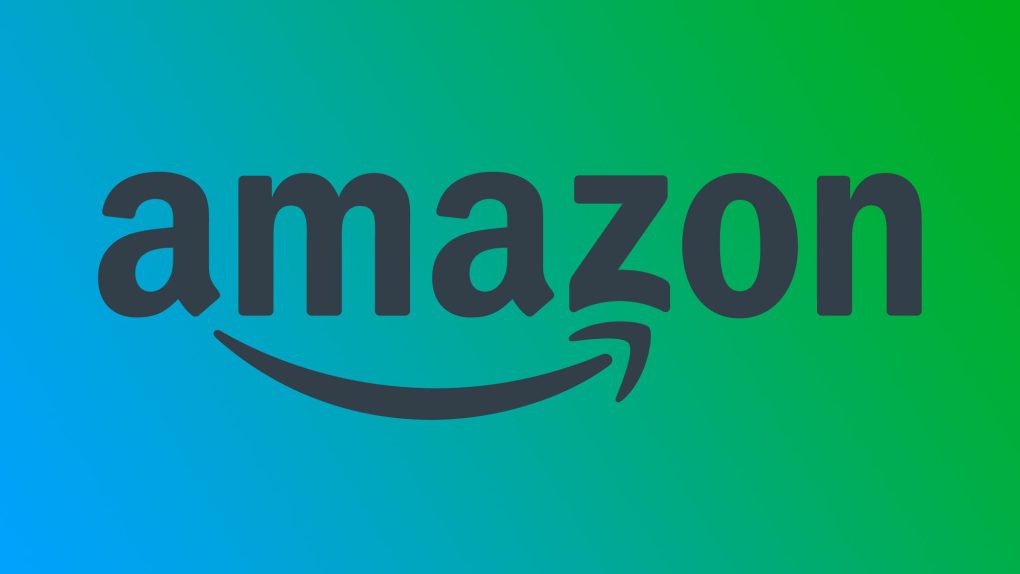Amazon announced this week that third-party sellers will now pay “a 5% fuel and inflation surcharge” to use the company’s FBA fulfillment services. That new surcharge will apply to “all product types,” Amazon said in a notice to sellers seen by CNBC. It will go into effect for all units shipped from Amazon fulfillment centers starting April 28th. Sellers will likely pass some of those costs along to consumers, so expect Amazon prices to rise.
Amazon prices might be on the rise
Inflation in the US has been rising speedily since last fall. In March, the inflation rate jumped to 8.5% — the biggest jump since December of 1981. Energy prices have risen as fast as any, which explains why Amazon has felt the need to implement this surcharge.
According to a recent report from Jungle Scout, nearly 90% of Amazon’s third-party sellers used FBA in 2021. In other words, a vast majority of sellers depend on Amazon’s fulfillment services to deliver their goods. If they’re each going to be hit with a 5% surcharge on their shipments, it’s all but inevitable that consumers will be affected as well.
“In 2022, we expected a return to normalcy as Covid-19 restrictions around the world eased, but fuel and inflation have presented further challenges,” Amazon told CNBC in an email. “It is still unclear if these inflationary costs will go up or down, or for how long they will persist, so rather than a permanent fee change, we will be employing a fuel and inflation surcharge for the first time — a mechanism broadly used across supply chain providers.”
How much will sellers have to pay?
Amazon’s fuel and inflation surcharge will be 24 cents per unit. That’s far lower than the UPS fuel surcharge of 42 cents per unit and the FedEx surcharge of 49 cents. Amazon claims that FBA “continues to cost significantly less than alternatives.”
That may be true, but it won’t mean much to consumers when countless items on Amazon’s storefront start costing way more. Speaking with Bloomberg, Molson Hart of Viahart Toy Co. made it clear that his company “will absolutely need to raise prices.”
Stacy Mitchell of the Institute for Local Self-Reliance also spoke with Bloomberg. She believes that the fee “has the potential to be problematic when it comes to antitrust because Amazon locks you into using this service.” She says this fee is “an antitrust vulnerability for Amazon, because that’s what monopolies do is they corner the market and raise prices.”
Consumers might not see the surcharge reflected in Amazon’s prices right away. But if prices do suddenly start going up, at least we’ll know why.








